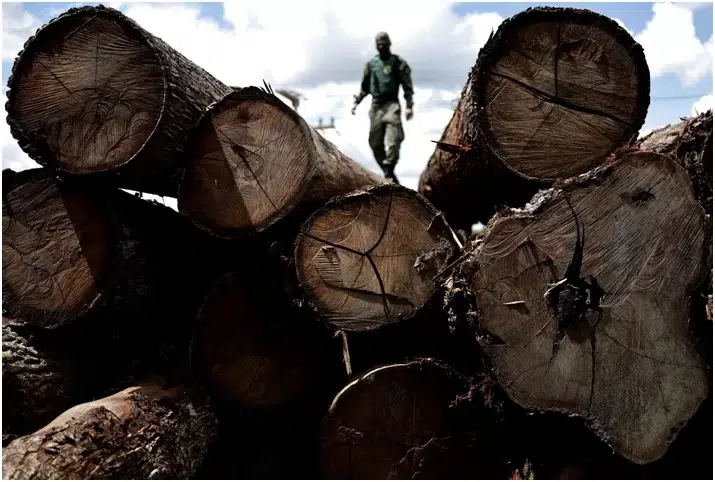Expert Scientists Come Together at COP28 for Pioneering Research

Highlights
- Scientists unite at COP28 for groundbreaking research on Congo’s rainforest.
- “Science Panel for the Congo Basin” aims for a comprehensive 2025 report.
- Congo faces second-highest tree cover loss globally, raising environmental concerns.
- Raphael Tshimanga highlights biodiversity importance and climate regulation role.
- Drawing inspiration from Amazon’s success, Congo initiative eyes impactful results.
- Over 300 scientists collaboratively contribute to address critical Congo Basin aspects.
- Initiative emphasizes global significance in combating climate change and supporting livelihoods.
- Scientists’ efforts in Congo Rainforest hold promise for unveiling mysteries and informing conservation policies.
- Anticipated 2025 findings expected to contribute to global conservation and climate change strategies.
At the recent United Nations COP28 climate summit, an inspiring initiative saw hundreds of passionate scientists come together in an inspiring move: research journey to uncover mysteries surrounding Congo River basin and its second-largest rainforest on our planet.
Named the Science Panel for the Congo Basin and supported by United Nations Sustainable Development Solutions Network, this collaborative venture has set its sights on producing an exhaustive report by 2025. This scientific assessment could prove pivotal at a time when Democratic Republic of the Congo witnessed second highest rates of tree cover loss globally in 2017 after Brazil (Global Forest Watch report).
Raphael Tshimanga, co-chair of the panel and an expert in water at Kinshasa University in the Democratic Republic of the Congo, passionately highlighted the extraordinary biodiversity found within the Congo Basin ecosystem. He highlighted its role in supporting hundreds of millions of people as well as its vital function of moderating Earth’s climate regulation system. Tshimanga expressed genuine worry that we do not understand enough how its operation operates at present.
“The Science Panel for the Congo Basin represents a major step toward filling knowledge gaps,” affirms Tshimanga. Motivated by Amazonian counterpart’s success delivering 1,300-page report in 2021, which the Congo initiative seeks to emulate as its ultimate impactful goal.
The report, produced with the collective wisdom of over 300 scientists, promises to address a wide variety of critical aspects related to the Congo Basin. From how its climate influence regional climate to human impacts on its forest ecosystems, this collective effort serves as a rallying cry for understanding and protecting its importance for combatting climate change, biodiversity conservation and supporting livelihoods across millions of lives.
As these dedicated scientists enter the Congo Rainforest, their efforts hold promise of not only unveiling its mysteries but also providing invaluable insights for sustainable conservation policies and environmental practices. Their findings in 2025 will likely make a substantial contribution towards global conservation strategies and climate change mitigation strategies.














